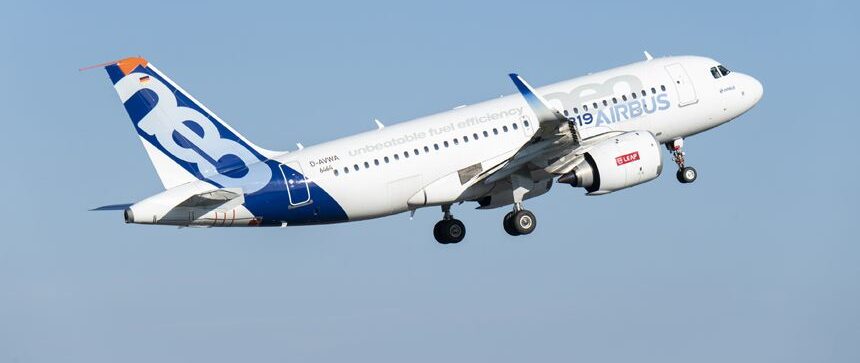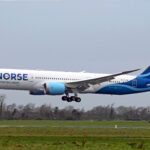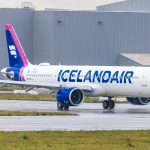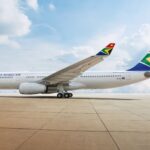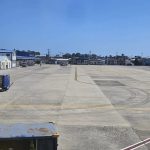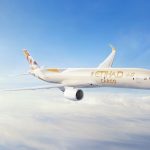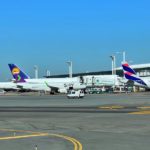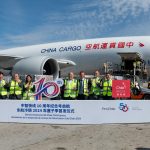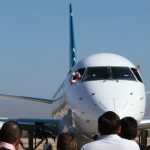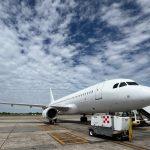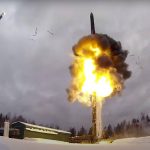The European manufacturer launched the first flight study of a single-aisle aircraft powered entirely by sustainable aviation fuel -SAF- without blending it with conventional fossil fuels. Initial results from ground and flight tests are expected to be available in 2022.
The use of SAF is growing at a rapid pace in several regions of the world, while companies and governments are joining economic, logistical, and regulatory efforts to increase its production, as it is one of the main solutions to reduce the industry’s emissions in the short term. Airbus’ notice comes just days before the start of the COP26 – United Nations Climate Change Conference, which will take place in Glasgow, Scotland, between October 31 and November 12, and in which carbon footprint will be one of the central topics.
Airbus was supported by Dassault Aviation; the French aerospace laboratory ONERA; the French multinational company dedicated to high technology applied to defense, aeronautical equipment and security Safran; and the French Ministry of Transport. During the flight test over the Toulouse region on October 28, an A319neo CFM LEAP-1A engine operated on 100% SAF.
The sustainable aviation fuel used, provided by Total Energies, is produced in the Normandy region of France. It is made from hydro-processed esters and fatty acids (HEFA), which is mainly composed of used cooking oil as well as other waste fats. Approximately 57 tons of HEFA will be used during the test campaign, which will also be used for compatibility and operability studies of Safran Helicopters’ Arrano engine, used on H160 Airbus Helicopters.
According to the statement issued by Airbus, the study, known as VOLCAN – Flying with New Alternative Fuels – contributes to the global decarbonization efforts which are currently underway across the aviation industry and benefits from funding from the France Relance recovery plan, the part of the plan dedicated to the decarbonization of aviation, which is implemented by the French Directorate General of Civil Aviation. «The ultimate goal of the study is to promote the large-scale deployment and use of SAF and 100% SAF certification for use on single-aisle commercial aircraft and the new generation of business jets», the statement ensures.
During the campaign, Airbus and the German aerospace center DLR will be responsible for the characterization and analysis of the impact of SAF on the ground and in-flight emissions. Safran, for its part, will be responsible for fuel system compatibility studies and engine retrofitting for commercial aircraft and helicopters with various types of sustainable aviation fuels. In this regard, Safran will also conduct ground tests of the LEAP engine with 100% SAF at its facilities later this year to complete the analysis.
The ONERA laboratory will also support the companies in the project by preparing, analyzing, and interpreting the results of the 100% SAF tests on emissions and condensation formation. Finally, Dassault Aviation will contribute to the compatibility studies of materials and equipment and will verify the biocontamination susceptibility of the PBS used at 100% in the operations.

